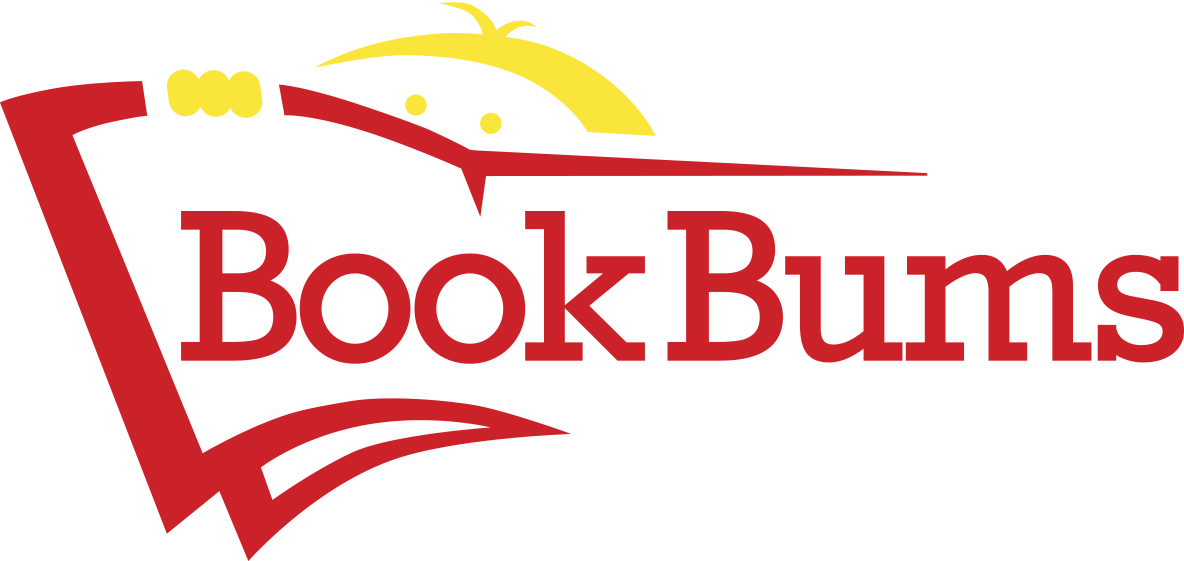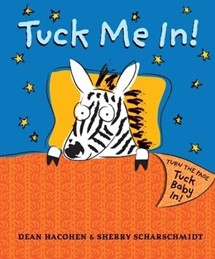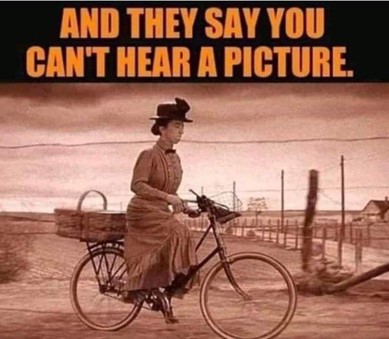
Hello Book Bums families!
This week in the newsletter we share picture book ideas, spelling tips. and some of our usual wonderings and knowledge about words. Dr. Christy also reflects on delight and caretaking in her daily life, perfect reading to begin a thankful November.
Word of the Week
absorb (ab-zorb) verb/action word - to take in or soak up
My sponge absorbs water and suds as I wash the dishes, but my brain is absorbing the podcast I'm listening to.
Literary Calendar
- November is Picture Book Month.
- At Book Bums we love reading a good picture book, and over the years we've shared many favorites.
- Here are a few more picture book authors to check out the next time you visit the library or book store: Lois Ehlert, Kevin Henkes, and Laura Joffe Numeroff.
From our Bookshelves

Tuck Me In!, by Dean Hacohen and Sherry Scharschmidt is my favorite book to purchase for baby showers or birthdays or Christmases. I’ve purchased more than twenty-five copies as gifts for friends and loved ones with young children.
I was out with my family, and a beautiful new momma made a point to tell me just how much she and her son loved this gift. To be clear, I also purchased an expensive highchair, but she didn’t mention that at all! Instead, she relayed the magic she enjoyed each night at bedtime as she read Tuck Me In! with Roman.
The book starts with, “It’s time for bed. Who needs to be tucked in?” When you turn the page, you discover the most precious piglet with her head atop a pillow, and she says, “I do!”
When your little ones hear the book a time or two, and they start chiming with, “I do!” in their adorable little voices . . . Ah. I tell you. Instant melted heart.
But the coolest part is that when you turn the page, you discover that the page itself is the blanket with which you tuck the piglet in! The text says, “Good night, Baby Pig. Who else needs to be tucked in?”
You turn the page and there is the most charming baby zebra with his head on his pillow, and he says, “I do!”
It goes on like this until the end of the book—and it’s absolutely darling!
To add to the magic, on the very last page, it says, “. . . Good night, you!” and I always write, underneath the picture of the window, “Who loves you? I do!” and I sign “Love, Mike and Christy” at the bottom.
Even if the parents don’t realize it’s a treasure when they receive it, they soon will!
Add this book to your Christmas shopping list for kids ages 0-4. I promise. It’ll be a hit.
Tips for Readers and Writers

Many students, when spelling words like truck, spell it with a c-h-r.
chruck
That actually sounds right.
Here’s what you should know:
The letter r never follows a c-h that says /ch/.
Encourage your kids to try a t instead.
Tips for Families
I recently read this entry from The Book of Delights, by Ross Gay:
Something I’ve noticed riding on Amtrak trains, like the one I’m on right now between Syracuse and Manhattan, is that people leave their bags unattended for extended periods of time. Maybe they go to the end of the car to use the bathroom, or sometimes they go to the far end of the train to the café, which smells vomity like microwave cheese. My neighbor on this train—across the aisle and one row up—disappeared for a good twenty minutes, her bag wide open, a computer peeking out, not that I was checking. She is not unusual in this flaunting of security, otherwise known as trust, on the train. Nearly everyone participates in this practice of trust, and without recruiting a neighbor across the aisle to “keep an eye on my stuff while I use the restroom,” which seems to be a coffee shop phenomenon. Trusting one’s coffee shop neighbor, but not the people in line, et cetera.
I suppose, given the snugness of a train, especially if it’s full, one might speculate there’s a kind of eyes-on-the-street-ness at play, although it seemed to me, this morning, when I was first leaving my valuables on my seat for pilfering, my laptop and cellphone glittering atop my sweatshirt and scarf, most everyone was sleeping and so provided little if any eyewitness deterrent.
I suppose I could spend time theorizing how it is that people are not bad to each other, but that’s really not the point. The point is that in almost every instance of our lives, our social lives, we are, if we pay attention, in the midst of an almost constant, if subtle, caretaking. Holding open doors. Offering elbows at crosswalks. Letting someone else go first. Helping with the heavy bags. Reaching what’s too high, or what’s been dropped. Pulling someone back to their feet. Stopping at the car wreck, at the struck dog. The alternating merge, also known as the zipper. This caretaking is our default mode and it’s always a lie that convinces us to act or believe otherwise. Always.
This got me thinking of the many kindnesses—the caretaking I enjoy each day.
A few days ago, my mom was sharing just how excited she was that the RASKALS would soon be coming to her house to help with leaves in gutters, raking, etc. You know, I had, not once, thought about helping my mom with this task. I began to feel a stab of guilt for not thinking of this Random Act of Kindness myself. But then I decided to relish in the joy – to delight in the kindness along with my mom. What a blessing! I thought.
Did you know that Random Acts of Simple Kindness Affecting Local Seniors (RASKALS) began in West Chester in 1996 when 11-year-old Emily Weber sent a letter to the township administrator searching for a project that would help her community? Kindness and caretaking. You can read about this local history here.
Lest you believe that it’s all sunshine and rainbows around here, let me set the story straight.
When I’m in a hurry, I tend to be my most unkind self. Especially on the road. Too often, I grow frustrated with drivers in front of me who are moving at a rate below the posted speed limit. If they’re in a high-performance car, I become even more irritated. You spent all that money on a _____, and you’re incapable of even driving at the speed limit?!
Acknowledging weakness is the first step, right?
I’ve since begun telling myself that these seemingly lackadaisical drivers are, perhaps, enjoying the delightful view, relishing a favorite song from their playlists, or praying for their loved ones. The stories I tell myself are often sufficient to change my behavior and sometimes even my feelings.
When following a slow poke around one of those copious roundabouts, I’ve begun saying to myself, “Cake.”
You see, one day, while transporting a birthday cake for a loved one, I was negotiating a roundabout rather gingerly myself. I observed a vehicle barreling up behind me, and I said, “I’m sorry! I know how you feel, but I’ve got cake!”
Now, when I am oh so greatly inconvenienced by a fellow driver, I simply say to myself, “Cake,” and extend unsolicited mercy.
I don’t always win this battle against self-absorption, but I’m improving—and I’m happier.
We do have a choice when it comes to our behaviors. I’m beginning to learn that I’m happier when I consider the other person and extend to them the grace I hope they will extend to me.
Next time you become frustrated on the road, try saying, “Cake. “ It works for me!
Wordology Workshop
• The Latin root ab means away from.
• You can find it in our Word of the Week, absorb. As a sponge absorbs water, it pulls it away from somewhere else.
• Ab is also present in words like abnormal, abstain, and absent.
Practical Grammar
b ---- p
The letters b and p are identical in pronunciation and they’re both plosives. The difference is that b is voiced and p is voiceless.
With voiced sounds, we can place our fingers on our throats and feel vibration like with /b/. With unvoiced sounds, we feel no vibration like with /p/. (You know you want to try it, so go ahead.)
B and p are pronounced similarly, but did you ever notice that the b in the verb absorb changes to a p in the related noun, absorption?
Strange, huh?
It is thought the spelling was changed to match the pronunciation. Even if you try to say it like the common misspelling, absorbtion [sic], it sounds like the unvoiced /p/.
The same thing happens when the verb describe is changed to the related noun, description.
Just for Fun

If you know someone who would benefit from our newsletter or tutoring at Book Bums, please share this email with them! Thank you.
Copyright © 2024 Book Bums, All rights reserved
Our mailing address is:
7967 Cincinnati-Dayton Road Suite L
West Chester, OH 45069

